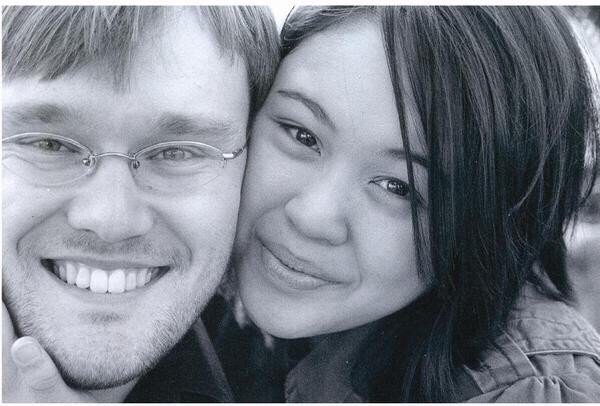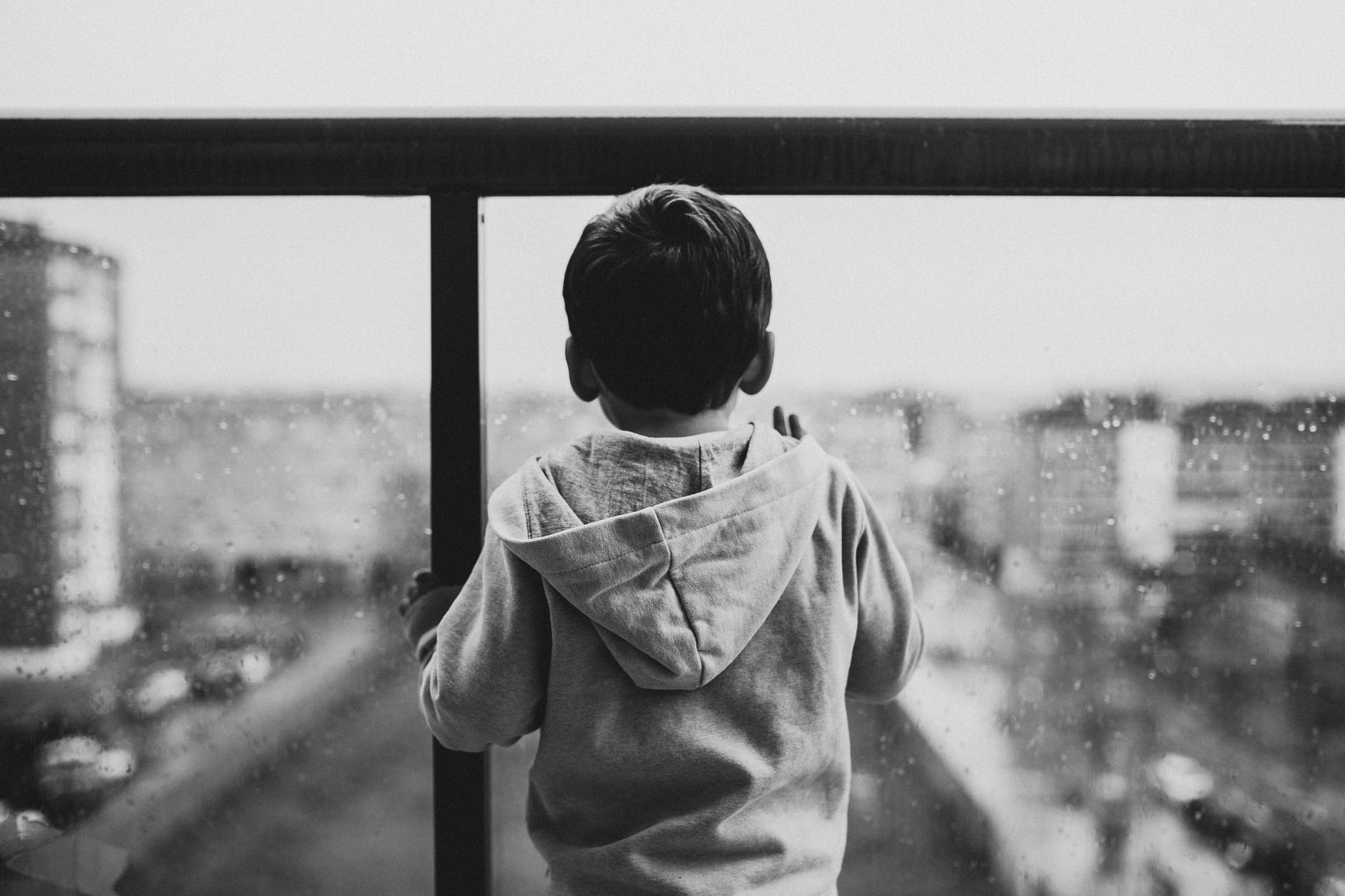
I believe there is power in telling our stories.
There are parts of my story I feel passionate about telling: my hard days with chronic illness as well as victories (both big and small) in the midst of it, my wrestling through the deep waters of infertility and the joy of discovering I could arise a mother in different ways, and on social media I enjoy giving glimpses of the quirky side of my marriage with the hashtag, #thisiswhatmarriagelookslike. In different settings, there are other stories I tell. Maybe some will one day make it onto the blog, but some are precious and reserved for trusted relationships and special moments.
As I share my stories, people tell me theirs. And they tell me how my story made them feel seen, or gave them hope in the midst of something hard, or even inspired them to pray a courageous prayer…”because I know you went through this.” My favorite is when someone tells me how a story I shared however many years ago is helping them through something they’re going through now.
Stories are like seeds. When they’re told, they’re buried in minds and hearts. And one day—maybe even years later—they bear fruit.
I’m 38 years old. I’ve been married for 17 years. And I have no children. This is not the story I would’ve chosen for myself, but it’s the one I’m living. And though it’s not an easy story to live, I love it. After all, who wants to read a story where the characters are always happy and never experience anything hard? Give me the stories with adventure, surprises, and conflict, the ones that end with the characters completely transformed.
So here I am in my wonderful, messy story. And as I type these words, I’m sitting on my couch with a heating pad on my belly as I recover from a total hysterectomy.
A number of years ago, a dear friend of mine (who’s only a few years older than me) walked the road of infertility, multiple surgeries, and then ultimately a hysterectomy. She chose to be open about her struggles and anguish. She poured out her heart in the beautiful, dissonant words she typed on social media. I don’t think she had any idea what kind of seed she was planting in my heart as I silently read her posts. Neither of us knew I would live her words several years later. The difference for me is I had less to discover on my own. Her wrestling emboldened my battle. And her hope in God became kindling for mine.
When it was my turn to get a hysterectomy, I knew it was a good thing, that my life would still be abundant and beautiful. I knew because I saw her go through this. And in the moments when I felt afraid or discouraged, her story gave me courage. After my surgery, I texted her, “I remember when you walked this road. Knowing you went through this made it less scary for me!”
The surgery is over, but I’m suddenly in another chapter. My surgery thrust me into menopause, no transition to ease me into it. And I find I’m completely clueless. I grappled with questions about my womanhood when I came to grips with my barrenness, and now I’m asking questions about my womanhood again as I take my first steps in the sea of menopause. I don’t know how to swim in these waters.
Menopause is one of those things in our culture we don’t discuss beyond a few jokes here and there. And because of that, I grew up believing menopause was something to be dreaded, something that carried all sorts of horribleness and no possible good. I don’t quite know what the truth is about menopause or how to discover it. Generations of women have walked this path before me, yet I feel like I’m clearing the path for myself all alone.
The areas we choose to make taboo are the areas where we rob the next generation from flourishing. I wish I could have entered this new phase of life armed with the stories of women who have gone before me. I can’t change what was. But I can change things for those who will come after me.
So here’s my challenge to all of us:
Whatever our stories are, it’s time to bring them to the light. And let’s create a culture that cherishes these stories and celebrates their telling, no matter how mundane or painful or joyous. Let’s plant these seeds so those who come after us can eat of their fruit and flourish!
***Some words of caution about sharing your story that I added later:
While I believe we could powerfully impact the generations that come after us by giving space to tell stories about things that were once taboo, I’m not advocating we share every detail about everything. We need wisdom and care with the stories we share.
I consider whether or not a story is one I’m willing to be vulnerable about. Being vulnerable means opening ourselves to the possibility of being hurt. So when I’m considering whether or not I’m willing to share something, I ask myself, Can I handle someone saying something mean or insensitive about this right now? I don’t believe we should open up everything in our lives to that, especially areas where we’re still in the process of healing.
When a story involves other people, I consider whether or not a story is completely mine to tell. There are stories I’ll never blog about because even though I feel comfortable sharing my part of the story, it’s not my place to decide when other people will be vulnerable with their part.
One last thing: some stories can be shared openly and publicly. But there are some stories that should be reserved for spaces where we feel safe, whether that’s a small group or a one-on-one conversation with someone we trust.







